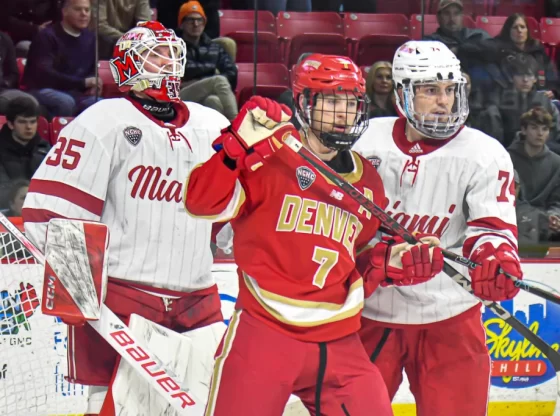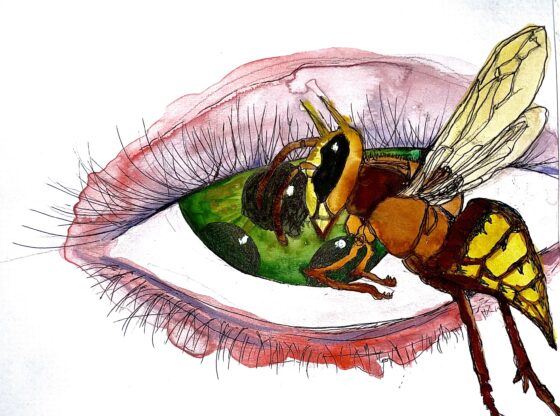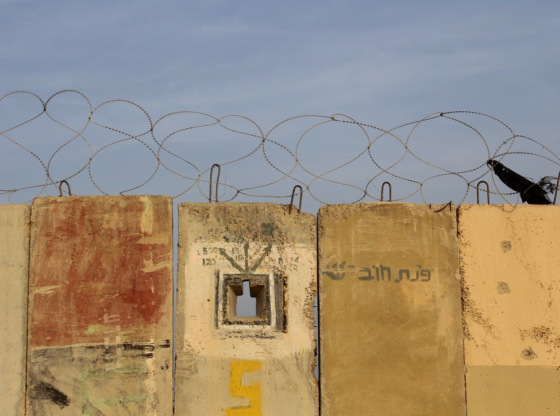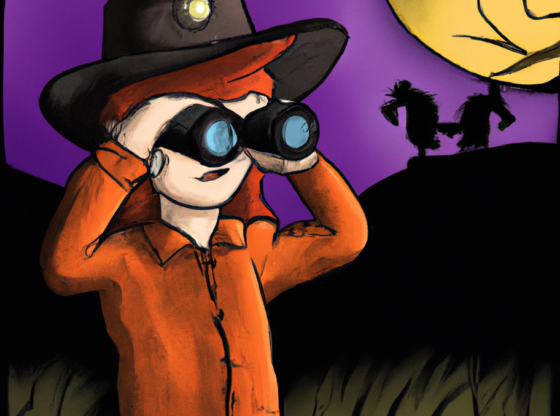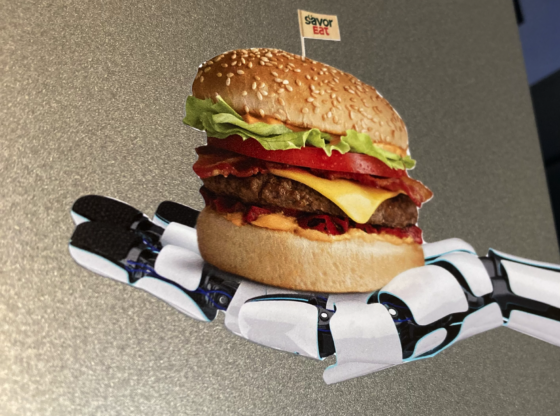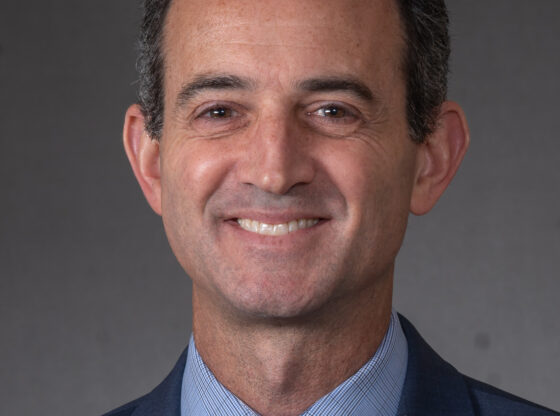Rwanda’s history of genocide and twenty years of peace continue to be remembered by students concerned with social justice. On Wednesday, May 7, close to a dozen students gathered in the cozy living room at the Hillel House, the Jewish community center, to watch a screening of “Hotel Rwanda” and eat a quick pizza dinner. Members of the community were gripped and intrigued by the strong emotion in the film and engaged in discussions about how to better understand and prevent future genocide after the screening.
According to the Never Again (Holocaust and genocide awareness) website, this organization works to promote awareness of the Holocaust and more recent genocides, like the Rwandan one, to fulfill the goal that these atrocities should never happen again.
This event was hosted by the Never Again organization and guest speaker Jamie Van Leeuwen, the executive director of Global Livingston Institute(GLI). The GLI’s mission, according to its website, is to positively impact the health and vitality of communities in East Africa and inform its participants through research, exchange of ideas and knowledge sharing.
“Hotel Rwanda” is a movie centered on the heroic Paul Rusesabagina (portrayed by Don Cheadle in the film) who saved more than 1,200 people during the Rwandan genocide, according to the Hotel Rwanda Rusesabagina Foundation website, and has been honored internationally for his heroism. Roughly 800,000 people died during the Rwandan genocide, nearly 75 percent of the Tutsi population, according to the UHRC website.
Students experienced intense emotions and exchanged shocked glances throughout the film because of the strong violence and tearing of families apart. Although the film was based on a tragic sequence of events, however, the ending was more uplifting because it set the stage for Rwanda’s rebuilding in the future.
According to Van Leeuwen, the current challenge lies in moving forward into the future, even though there has been peace in Rwanda for 20 years. Junior biology major and member of Never Alone from Saint Louis, Missouri, Wendy Low, expressed her concern about preventing these atrocities.
Van Leeuwen stressed the importance that the apex of this conflict could have prevented, had other countries taken action. He noted the disconnect that prolonged the period of turmoil in Rwanda that prevented nations from stepping in.
“There was the perception that this was a tribal conflict, but it was the most systematic genocide the world has ever seen … the conflict was propagated by Belgian expansion and the fact that the Tutsis were wealthy and wanted their own country,” said Van Leeuwan.
Students were concerned about “[In the future] will we be able to catch the warning signs of genocide and be able to prevent it?” said Low.
Van Leeuwen responded by emphatically stating the importance of being vigilant about such atrocities.
“Until the world becomes entirely intolerant of genocide and catches the warning signs before it is too late, there will continue to be genocide,” said Van Leeuwan.
Moving forward into the future, as Van Leeuwen noted, the world as a whole must be vigilant and refuse to tolerate genocide in upcoming years. Students who wish to be involved in Never Again or learn more about their mission are encouraged to visit their website. Anyone wishing to learn more about Rwanda or genocide should visit his website if they are interested in traveling abroad to Africa.



